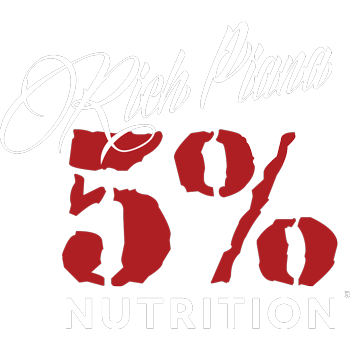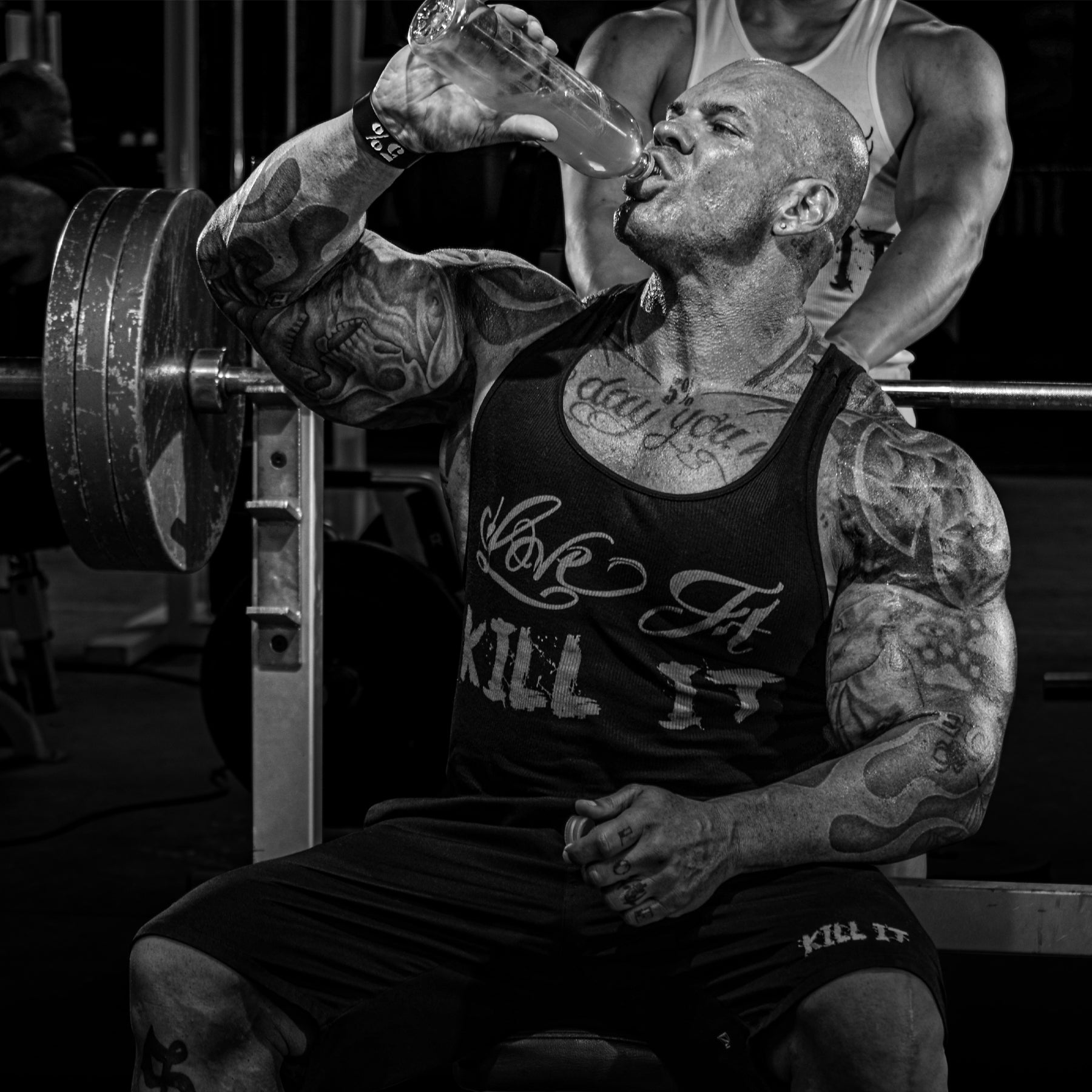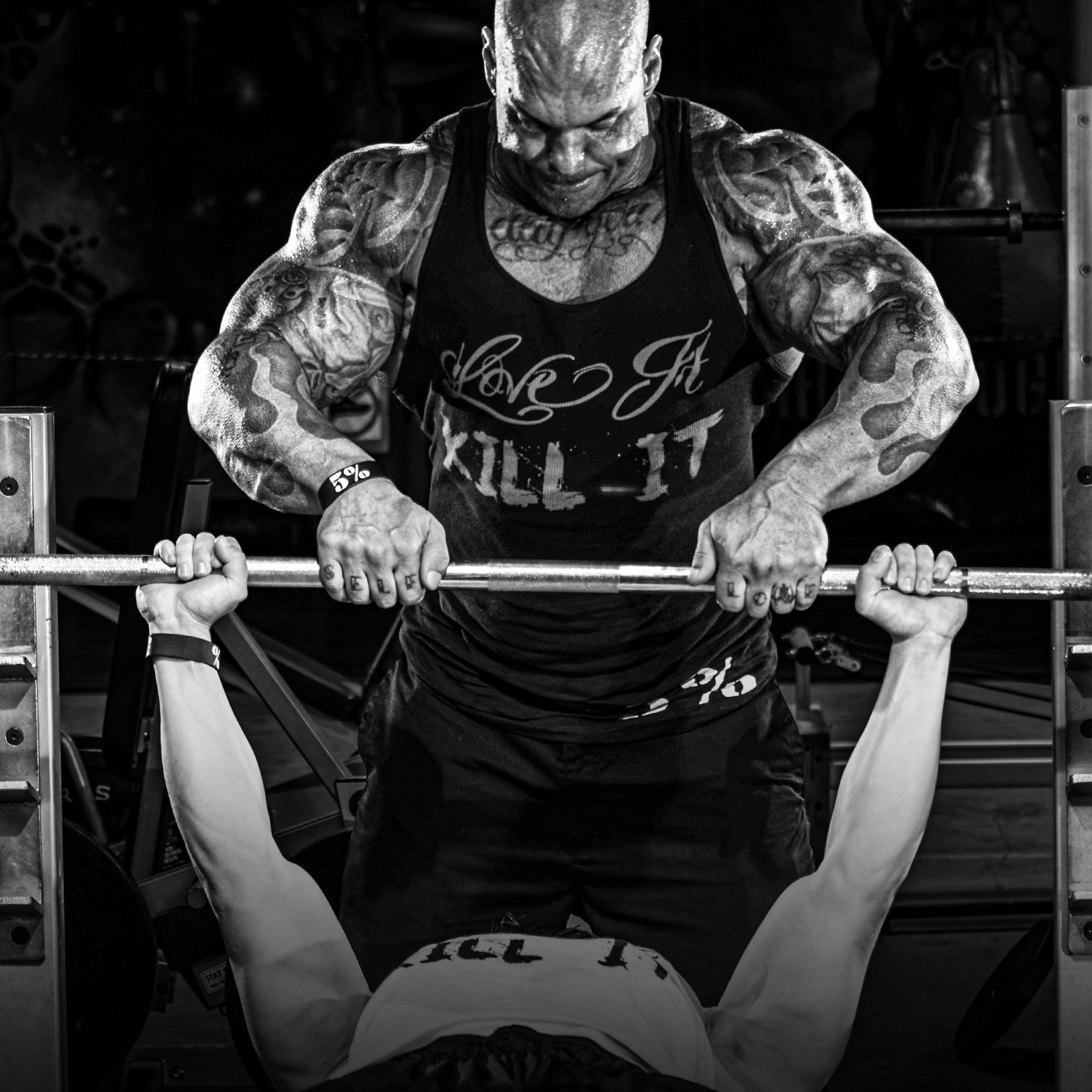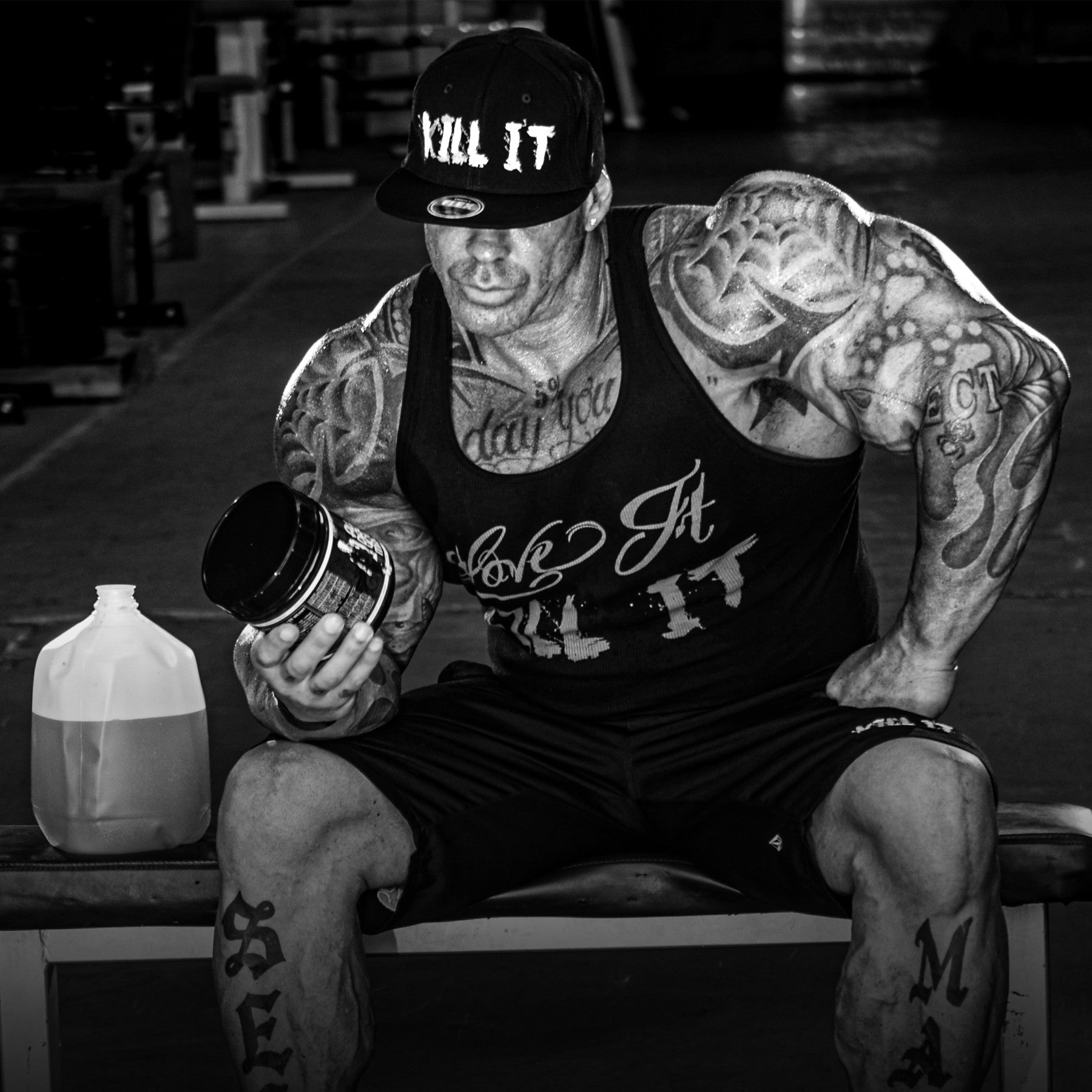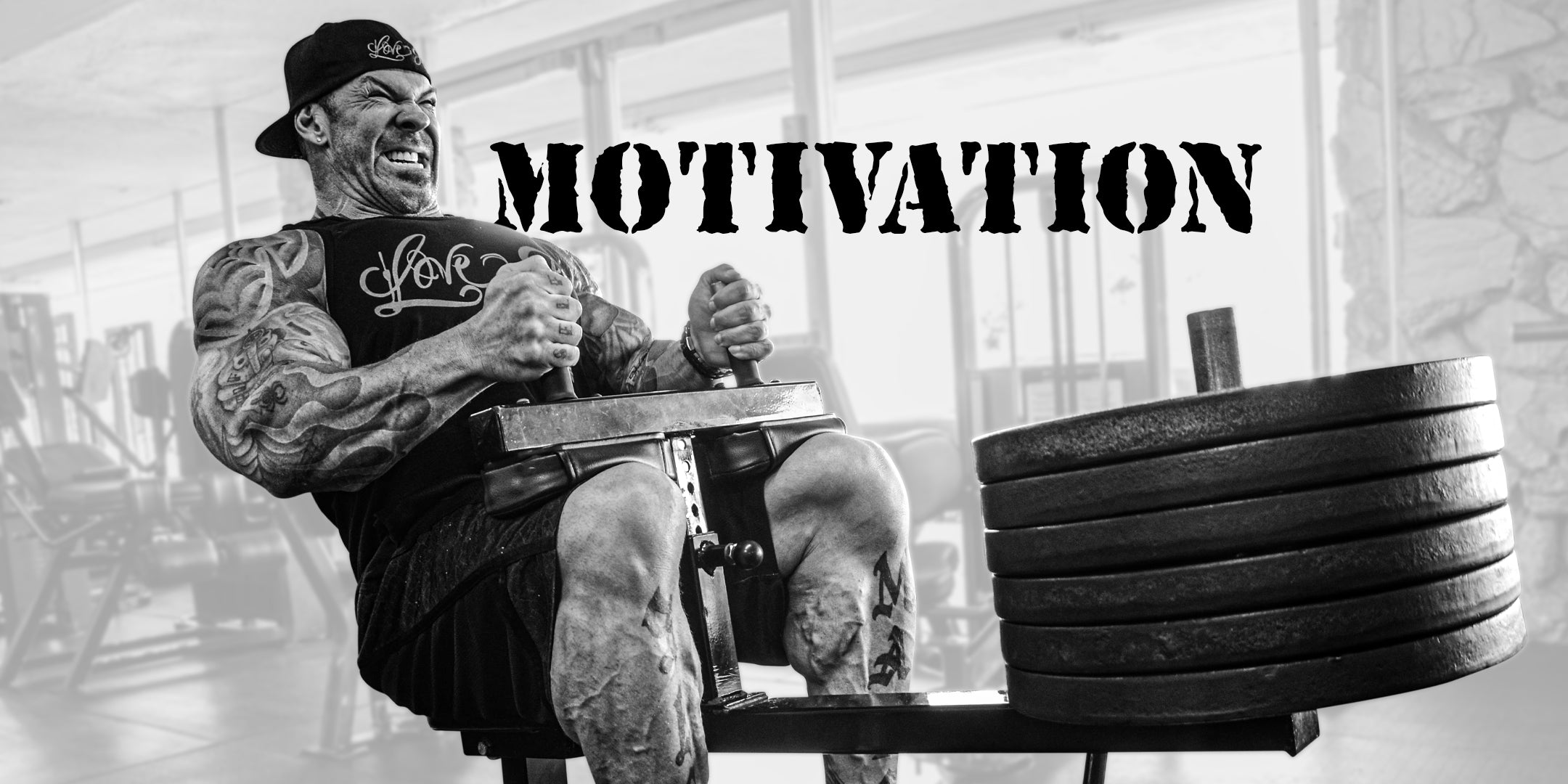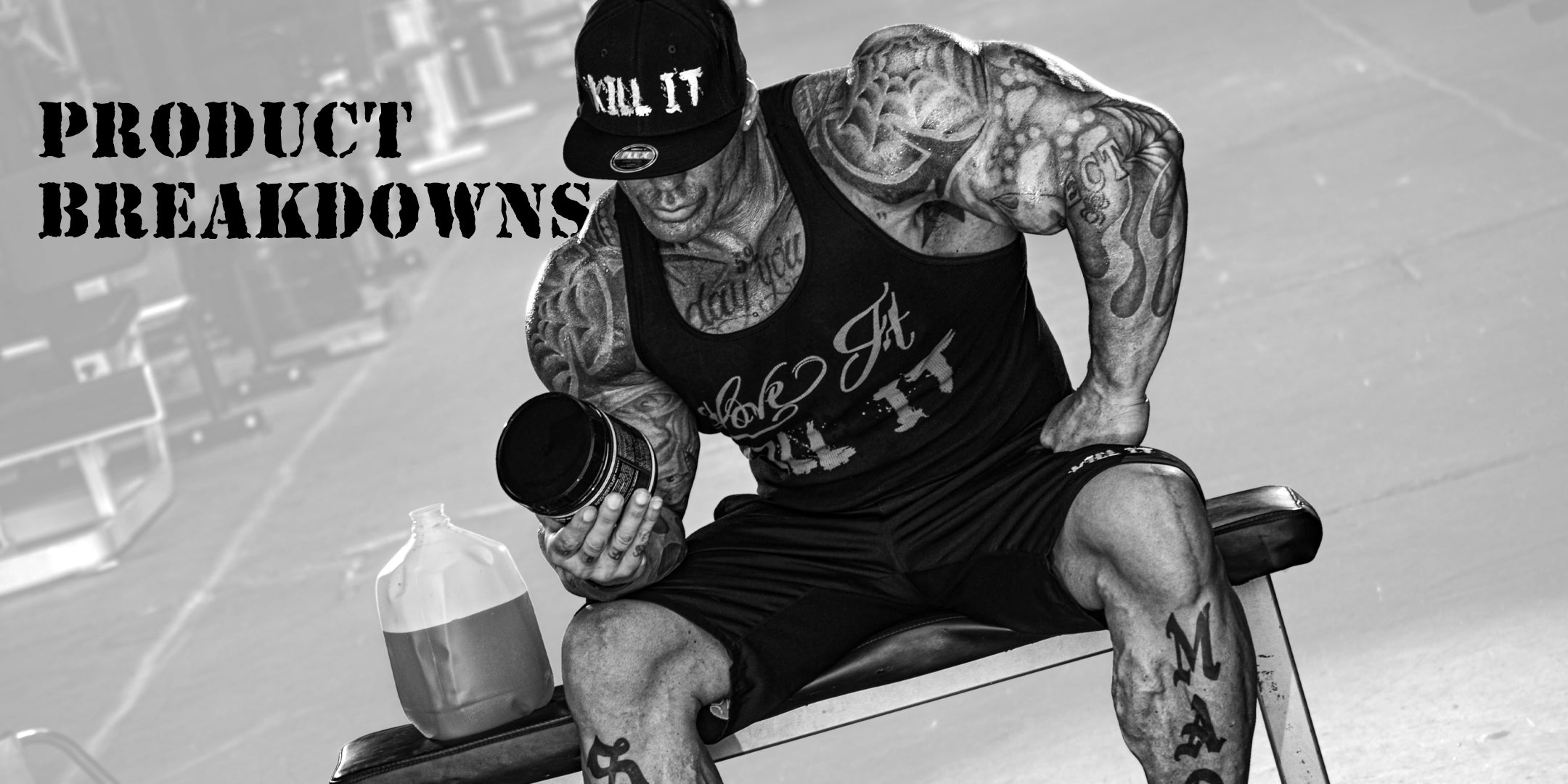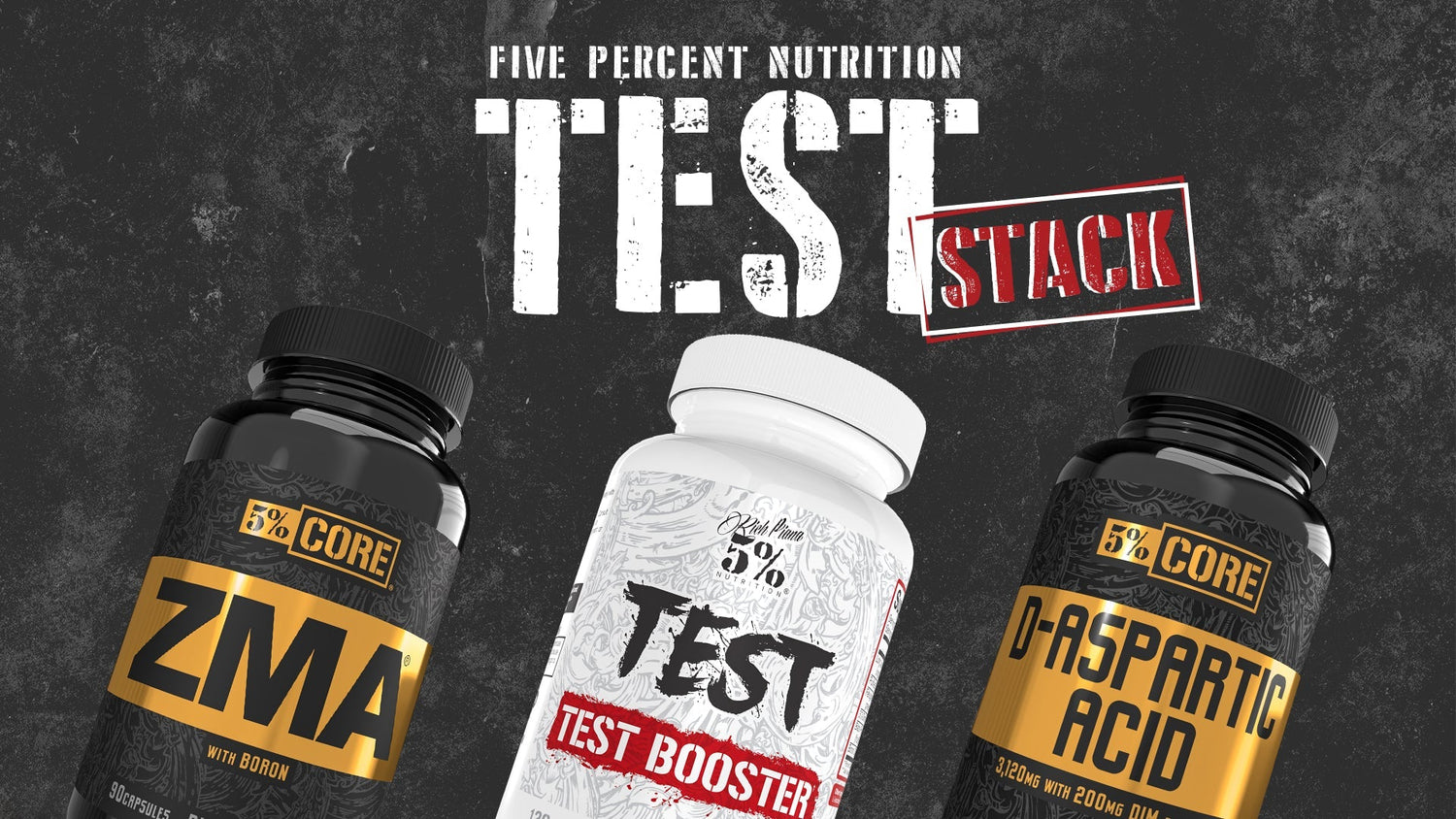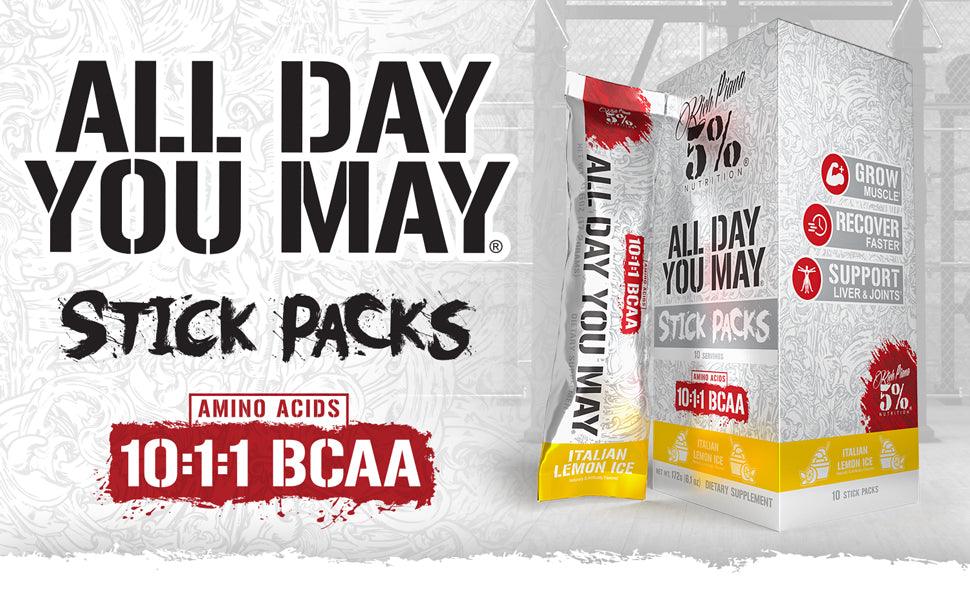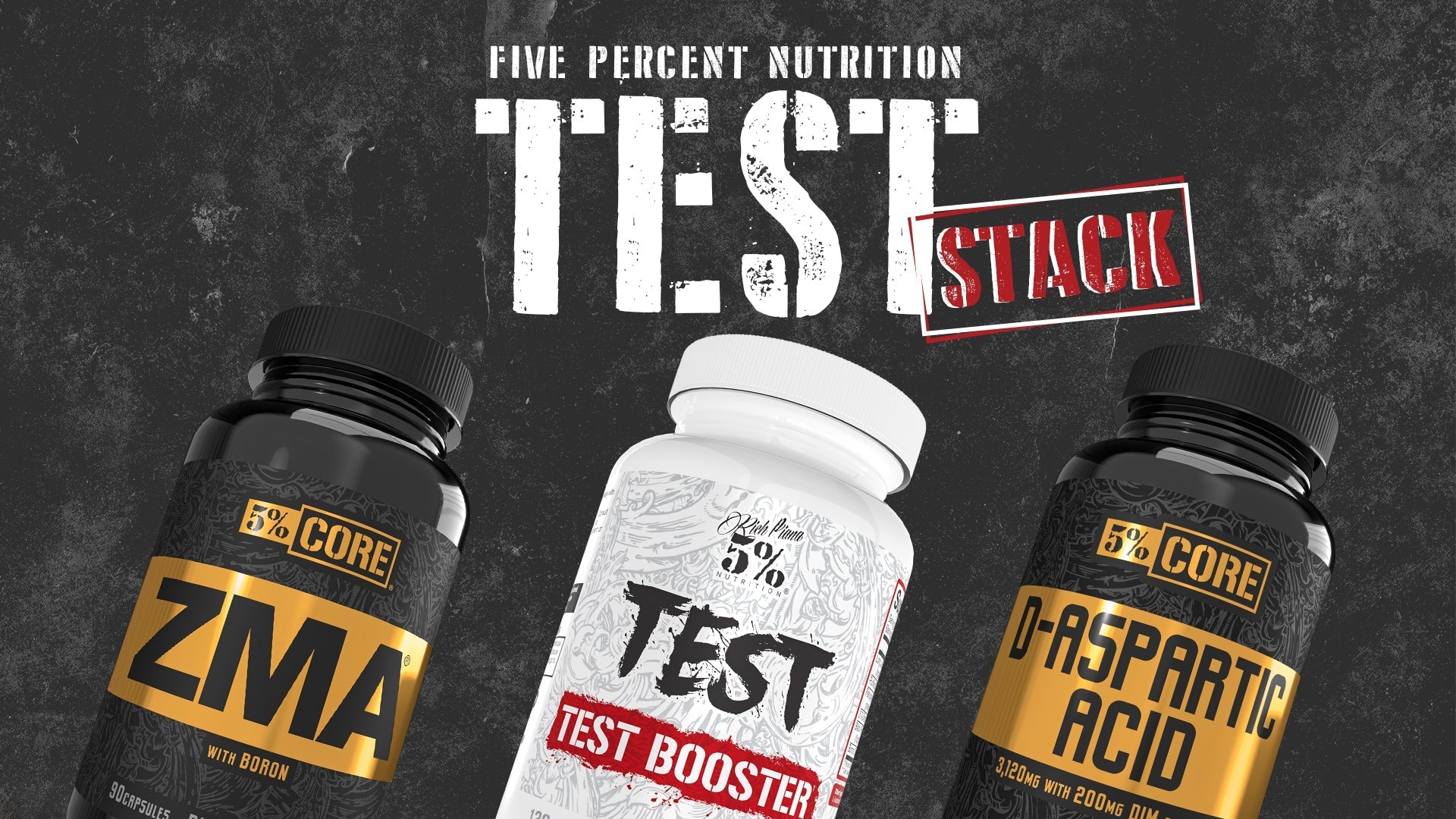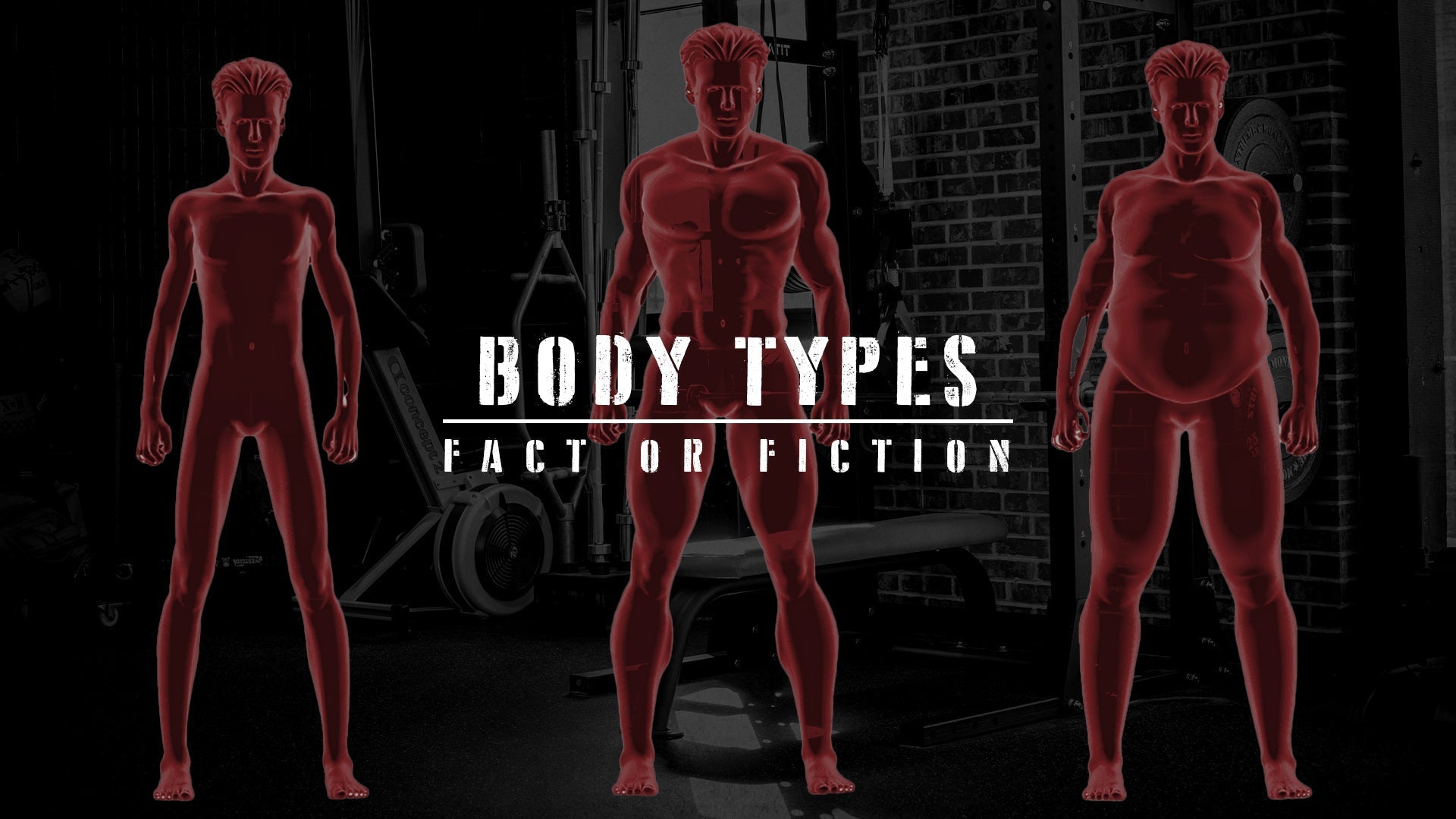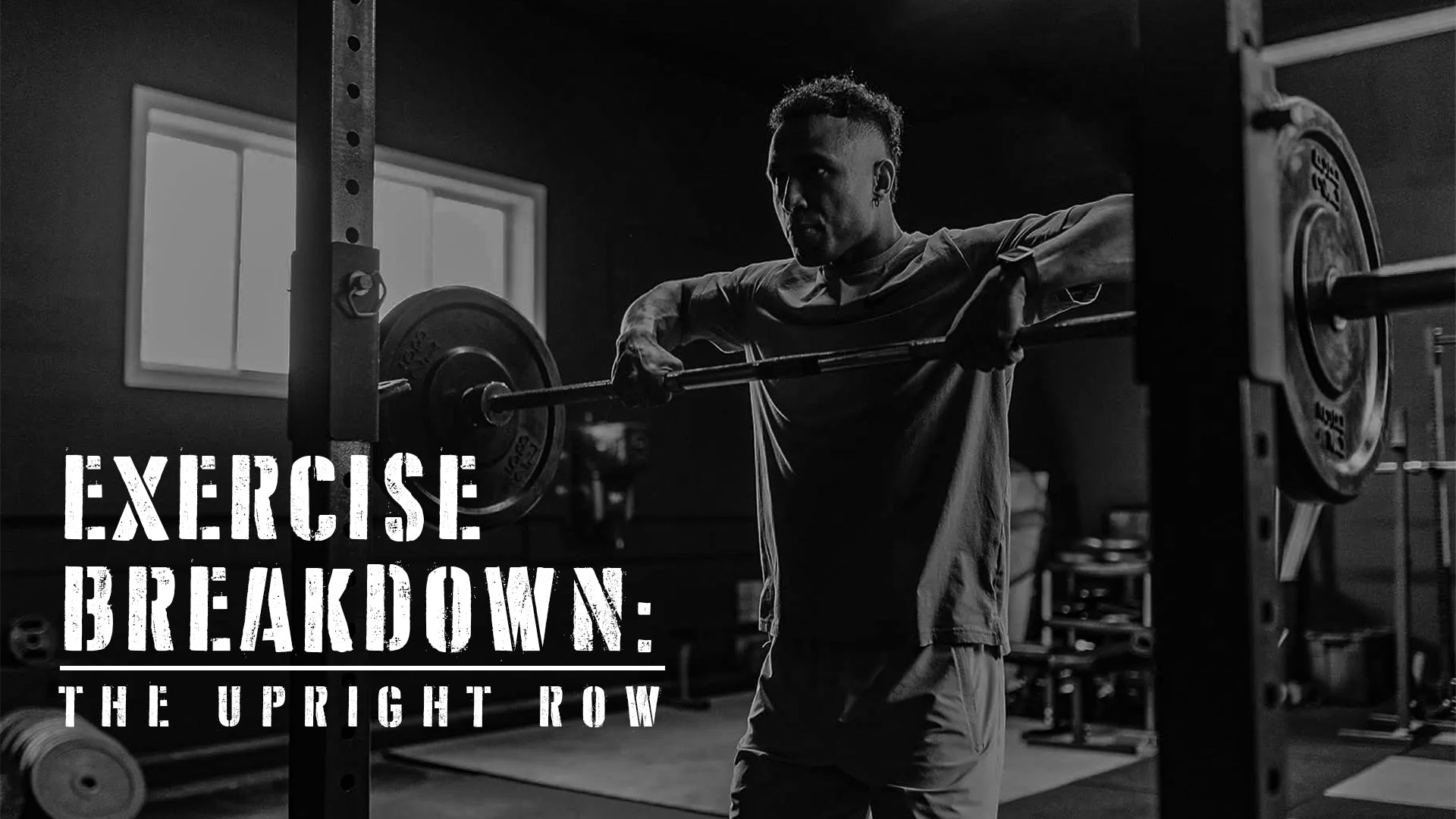Of course, you know how good our exceptional Test Booster is. Leave it to 5% Nutrition to come up with more than just a single test-boosting formula. There’s also Core D-Aspartic Acid and Core ZMA. These products combine into an amazing TEST Stack. In this 2-part Series, we’ll not only check out these products, we’ll take a look at testosterone, the King of Hormones.
Testosterone Defined
Before we look at 5%’s outstanding test boosters, let’s look at what testosterone is and what it does. Testosterone is one of the body’s main hormones. It’s classified as a steroid hormone, and it’s derived from cholesterol. It’s produced by the interstitial cells of Leydig (these are cells in the testes, named after the man that discovered them, Franz von Leydig). Testosterone is an androgen and one of the major sex hormones. While amounts will fluctuate, on average an adult male will naturally produce about 5-10 milligrams per day. It’s important to note that this amount will decline with age. This decline begins when men are in their mid-20s. Women also produce testosterone but at a much lower amount.
Testosterone is part of the Endocrine System. That’s a collection of glands that secrete various hormones. Testosterone, like all hormones, carries specific messages to target receptors. This, in turn, generates a specific response. The Endocrine System uses a control method called negative feedback. This works by causing a decrease in a specific function. It ultimately controls the amount of testosterone that’s secreted and available for use at any specific time. (1)
Benefits of Testosterone
Testosterone is responsible for:
- Muscular development
- The development of male sexual characteristics and sex drive
- Supports energy and mood
- Help keep body fat levels under control
- Involved in the red blood cell production
What if your natural levels are too low?
You will experience:
- Possible muscle loss
- A low sex drive
- Potential fat gain
- Decreased energy
To benefit from a testosterone booster, you need more than just increased production.
Here’s why.
Most of the testosterone in your blood is “attached” or “bound” to plasma proteins such as albumin and sex hormone-binding globulin (SHBG). Only about 2-3% of testosterone in your blood is “unattached” or “unbound”. This small amount is called “free” testosterone. It’s the testosterone that is used by your body for muscle growth. (2)
So, if you want to increase your natural test levels, you need to focus on making the most of that 2-3% free testosterone.
Testosterone, Estrogen, And Cortisol
How does testosterone affect muscle growth? The primary way is by stimulating protein synthesis. (3) To optimize this process, there are 2 hormones that must be controlled: estrogen and cortisol.
Estrogen
This is the female sex hormone. Like testosterone in men, estrogen is responsible for a woman’s growth and development. (4) When levels of estrogen get too high in men, it can cause such problems as decreased sexual desire, erectile difficulties, and male breast enlargement (also known as gynecomastia, or gyno).
Here’s how it happens.
Specific tissues such as fat tissue and the reproductive tract stimulate aromatase. That’s an enzyme that converts excess testosterone into estrogen. The best way to control estrogen is through a combination of diet and supplements.
As far as diet, vegetables such as broccoli, cauliflower, cabbage, and brussel sprouts contain indole-3-carbinol. This compound inhibits the effects of estrogen. Also, fruits such as grapefruit, apples, oranges, and vegetables contain glucaric acid. This inhibits estrogen. It’s also important to avoid foods that potentially increase estrogen, such as soy.
As far as supplements, 5% Nutrition TEST Test Booster and Core D-Aspartic Acid both contain DIM, an estrogen inhibitor that helps control the testosterone to estrogen conversion.
Cortisol
Cortisol is a destructive catabolic hormone that the body releases in response to all types of stress. As often mentioned, the body perceives workouts as physical stress. It should be clarified that cortisol has some positive functions. For example, it’s involved in the body’s sleep/wake cycle, and it’s involved in metabolism. Even so, it’s a catabolic hormone because It causes the breakdown of proteins (like muscle tissue). Cortisol also blocks the effects of testosterone in the body. (5)
With that in mind, how can you limit cortisol’s effects?
- Do Not Train In A Fasted State - For example, don’t do your cardio on an empty stomach first thing in the morning. Cortisol levels are high in the morning, exercising at that time can lead to elevated muscle protein breakdown. The answer is to have a serving of Shake Time or Egg White Crystals, then do your cardio. (6)
- Get A Good Night’s Sleep - 7-10 hours a night should cover your needs. Of course, 5% has Knocked The F*ck Out, and Drink Sleep Grow to help you get a great night’s sleep.
- Eat Well-Timed Meals – Stick to a well-timed meal plan that has you taking in high-protein meals/shakes every few hours. This approach helps your body stay in an anabolic state.
- Don’t Neglect Your Post-Workout Shake - This can be Real Carbs + Protein, or your choice of Real Carbs or Real Carbs Rice mixed with Shake Time.
Recap
We’ve looked at some good information about testosterone, the King of Hormones, in Part 1 of this series. We also looked at estrogen and cortisol, and how they relate to testosterone. In part 2, we’ll look at the 5% Nutrition TEST Stack, and cover how to use it for the best results.
References:
- “Biology” by Campbell and Reece, p. 993, 1005
- Free Testosterone - Health Encyclopedia - University of Rochester Medical Center
- Griggs, R. C., Kingston, W., Jozefowicz, R. F., Herr, B. E., Forbes, G., & Halliday, D. (1989, January). Effect of testosterone on muscle mass and muscle protein synthesis. Retrieved from https://www.ncbi.nlm.nih.gov/pubmed/2917954
- https://health.howstuffworks.com/sexual-health/sexuality/estrogen-and-testosterone-hormones-dictionary.htm
- https://news.utexas.edu/2010/09/27/stress-hormone-blocks-testosterone’s-effects-study-shows
- Comparison of the effects of acute exercise after overnight fasting and breakfast on energy substrate and hormone levels in obese men - PMC (nih.gov)
